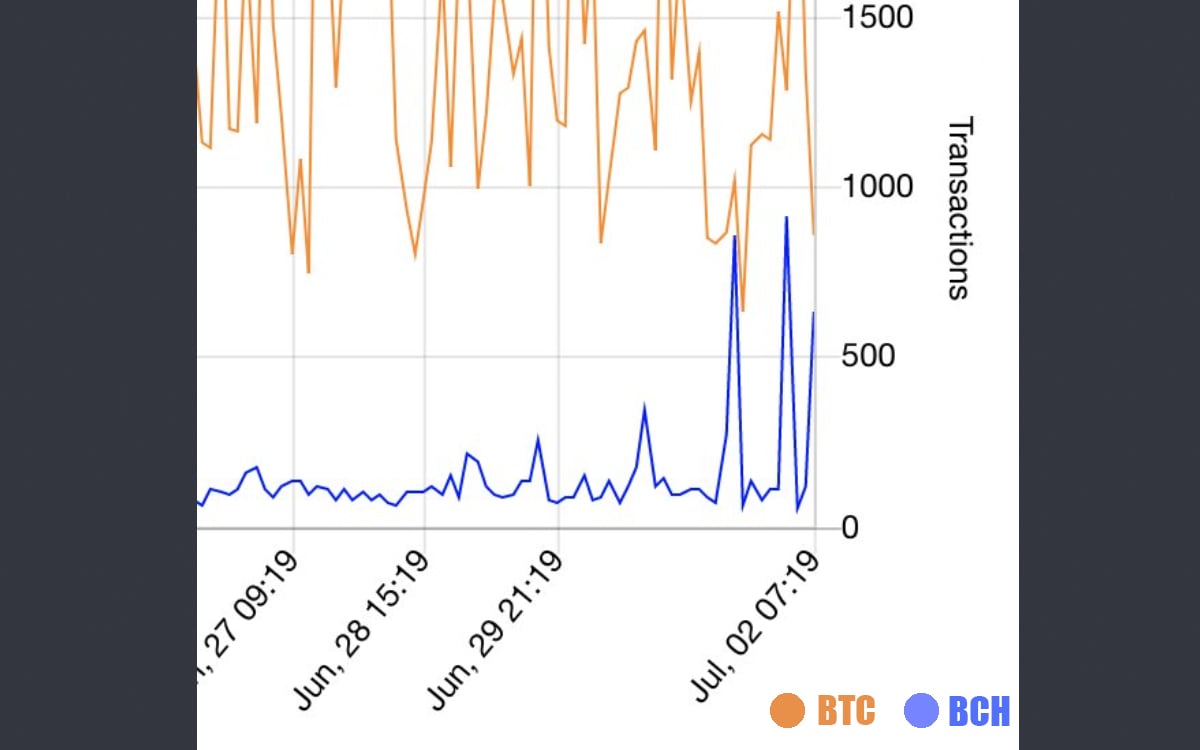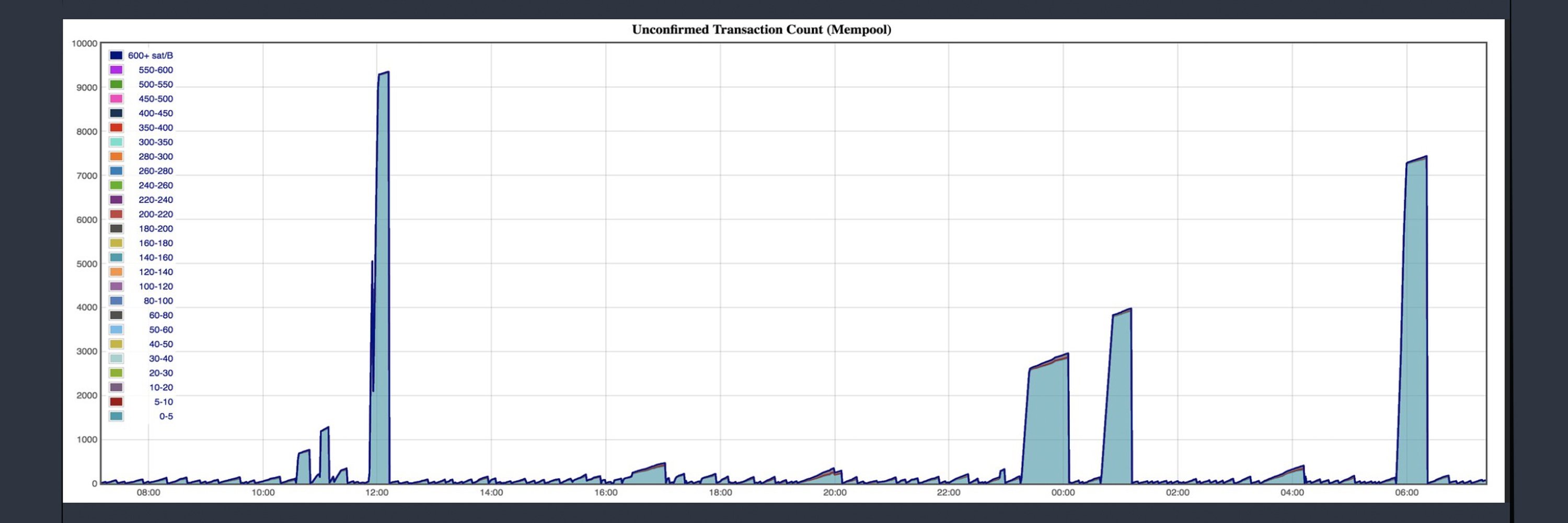Latest news about Bitcoin and all cryptocurrencies. Your daily crypto news habit.

Last week news.Bitcoin.com reported on a community-driven Bitcoin Cash (BCH) network stress test, where a group that runs a website called ‘BCH Stress Test Day’ plans to process millions of minimum fee transactions all at once in one day. Furthermore, the team of developers working on the project wants everyone in the BCH community to participate. This week Spendbch.io, with the help of the open source project Bitbox, released a tool that allows anyone to engage in a cooperative effort to ‘spam’ the network with a blitz of transactions.
Also Read: How Michael Richo Stole Bitcoins via Imposter Exchange Sites and Dark Web Phishing Schemes
Spendbch.io Launches an Open Source Node.js App for Stress Testing the BCH Network
The Bitcoin Cash blockchain has a maximum block capacity size of 32 MB, which is exceptionally larger than many other distributed ledgers today. The vast size of these blocks is designed to allow significant transaction throughput. Before this past May, the BCH chain had 8 MB blocks and miners had processed blocks between 2-8 MB during that period of time. Viabtc processed one 8 MB block that cleared over 37,000 transactions at once. Now that the block size is 32 MB, the community wants to put the network to the test by sending an enormous amount of transactions at the BCH chain all at once in a 24-hour period.
 Bitcoin Cash transaction count sees some spikes. Data collected from Fork.lol.
Bitcoin Cash transaction count sees some spikes. Data collected from Fork.lol.
In order to help BCH Stress Test Day (BCHSTD) this week the Spendbch.io team launched an open source node.js app for stress testing the BCH network. The rudimentary tool was created with the BCH developer toolkit, Bitbox, and the team says the protocol is a “starting point” towards the 1 BCH bounty offered for someone to create a more advanced web application of the tool for all devices.
“BCH-stress test is a concept app that can be used as a starting point to claiming the stress test bounty,” explains the Spendbch.io developers.
A Few Transaction Spikes Before the September 1st BCH Network Test
The creator of Bitbox.earth, Gabriel Cardona, and many other BCH enthusiasts have been noticing and sharing pictures of notable transaction spikes on the BCH network. Data collected from Johoe’s Mempool, and Fork.lol show some solid jumps in BCH transaction count.
 Since the basic node.js stress test tool have been released. Data collected from Johoe’s BCH Mempool.
Since the basic node.js stress test tool have been released. Data collected from Johoe’s BCH Mempool.
“Big increase in bitcoin cash transaction count since yesterday. Here’s the script from Spendbch.io if you’d like to play along — Let’s stress test BCH to prove to the world we can scale,” Cardona states to his Twitter followers.
According to the BCHSTD coordinators, the experiment is slated to begin on September 1st at approximately 12 pm UTC. At 9 am the team will start the day with some breakfast, and at 10 am they plan to prepare the scripts and load the BCH accounts.
 There is a 1 BCH bounty to make this tool accessible on all devices.
There is a 1 BCH bounty to make this tool accessible on all devices.
Then at noon, the team will ensure the script starts and “head over to Memo.cash and start posting and tipping like crazy.” At 1 pm they plan to play some games and place some bets on Satoshi Dice and other gambling sites. After that everyone can sit back and watch the network “deal with all the transactions,” and pop some champagne as well, explains BCHSTD.
The open source BCH stress tool can be found here at this Github repository.
What do you think about the BCH Stress Test Day and the tools being released so everyone can participate? Let us know your thoughts on this subject in the comment section below.
Images via Shutterstock, Fork.lol, Github, Johoe’s Mempool.
Want a comprehensive list of the top 500 cryptocurrencies and see their prices and overall market valuation? Check out Satoshi Pulse for all that hot market action!
Disclaimer
The views and opinions expressed in this article are solely those of the authors and do not reflect the views of Bitcoin Insider. Every investment and trading move involves risk - this is especially true for cryptocurrencies given their volatility. We strongly advise our readers to conduct their own research when making a decision.